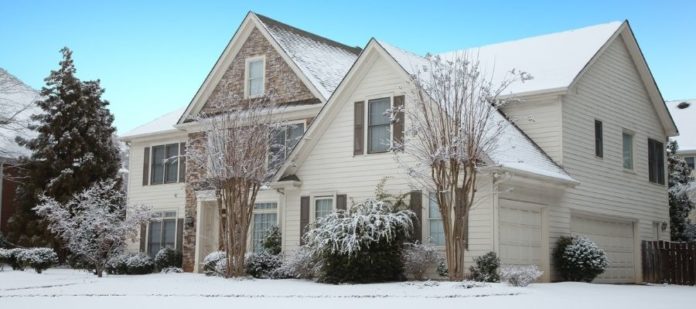With freezing temperatures and snowstorms, winter can do a number on your home. As such, it’s important to prepare to protect your property and ensure you can stay warm and comfortable during the coldest season of the year. To learn how to get your home ready for winter, check out these helpful tips.
Make Sure Your Heating System Is Up for the Job
One of the most important appliances in your home during the winter is your heating system. To ensure your system operates effectively during the coldest season of the year, you must clean and replace its filters regularly and consider having a professional HVAC contractor inspect it yearly. A little maintenance can prevent your heating system from malfunctioning when you need it the most.
Aside from conducting regular maintenance on your existing system, you should also determine if investing in an upgrade would be beneficial. If your current system doesn’t have enough BTUs for your home, it will be largely ineffective at heating your space. In such a case, it’s better to upgrade your system now, while the weather is milder, than to realize later that your current heater isn’t powerful enough.
Clean Your Gutters
Clogged gutters can do a lot of damage during the winter. Fallen leaves and other debris can prevent your gutters from draining water from your roof. As a result, the water can back up, pool onto your roof, and seep under your shingles. This phenomenon is especially problematic during the wintertime when the water may freeze and expand, which can cause damage to your roof, siding, and trim.
In addition, pooled water in your gutters can cause ice dams to form on the edge of the roof, which will prevent melted snow and ice from sliding off. Instead, the water will pool in the middle of the roof, which will greatly increase the potential for roof leaks or even a dangerous and costly roof collapse. Moral of the story: clean your gutters.
Drain Outside Faucets and Hoses
Another tip on how to get your home ready for winter is to drain exterior faucets and hoses. If you don’t, the water inside them can freeze and expand, causing them to crack or burst. To prevent this incident from occurring, make sure to disconnect all garden hoses and properly drain the water that remains in the exterior faucet. Then, if your home doesn’t have a frost-proof faucet, turn off the shut-off valve that’s located inside your home.






















